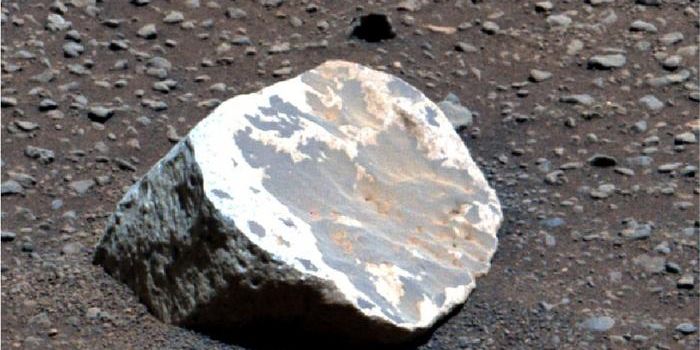Behind the Scenes at NASA's Latest Space Habitat Simulator
While space agencies may send astronauts to the International Space Station on a regular basis, it’s a bit more complicated to send astronauts on long-term missions to other planets in the solar system, such as Mars.
Other planets have vastly-different environments than the one we’re used to here on Earth. That said, space agencies will need to develop specialized habitation modules for human visitors that embark on interplanetary missions. On the other hand, accomplishing such a feat is easier said than done.
Some of the primary concerns encompassing such a task includes developing a habitat with enough room for multiple astronauts and ensuring that they can all get along with one another for an extended period. With that in mind, NASA often conducts habitation module tests right here on Earth to study how things might pan out on a real mission.
While many are probably familiar with NASA’s MDRS (Mars Desert Research Station) in the middle of the desert in Utah, the space agency now appears to be partnering with the University of Massachusetts Amherst for its next chapter of experimentation.
Image Credit: University of Massachusetts Amherst
Meet HERA (Human Exploration Research Analog), a three-story mock-habitation module at NASA’s Johnson Space Center in Houston, Texas where geoscientist Will Daniels will spend 45 days closed off from the real world with three other participants.
“I’d love to be an astronaut, and for some, participating in a research analog mission like HERA is an important stepping stone to becoming an astronaut,” Daniels said in a statement.
“In any case, I’m really happy to be able to contribute to the research on human adaptations during space travel and exploration. I’m really, really excited, and a little nervous.”
Related: Infographic: How close are we to colonizing Mars?
Like other similar experiments, HERA will help the space agency study human behavior and interaction during long-term space missions. The goal is to identify and resolve potential issues that could arise.
The participants will spend all 45 days cooped up inside of the habitation module just as they would if they were actually on another planet. There, they’ll live in cramped quarters just like astronauts on the International Space Station; they’ll eat similar food, practice stringent hygiene procedures, and live with limited communication to the outside world, among other things. All the while, NASA will actively monitor the participants.
“I’m nervous about getting along in confined space with the other crew members, and I wonder what it will be like not to be able to go outside for 45 days,” Daniels added.
“I think Ground Control is going to keep us pretty busy, but I’m bringing books and board games in case there’s downtime. We won’t have email or any usual contact with the outside world, but I do get to call my mom in Minnesota for 15 minutes every other week.”
Related: These are NASA's plans for sending humans to Mars
Daniels and the other HERA participants will emerge from the habitation module on June 25th. If all goes well, then NASA should end up with a wealth of valuable data that could contribute to a more comfortable way of life for astronauts in the future.
It should be interesting to see what we’ll learn from HERA and other related experiments as we inch closer toward a future where astronauts walk the red planet’s surface. Only time will tell…










